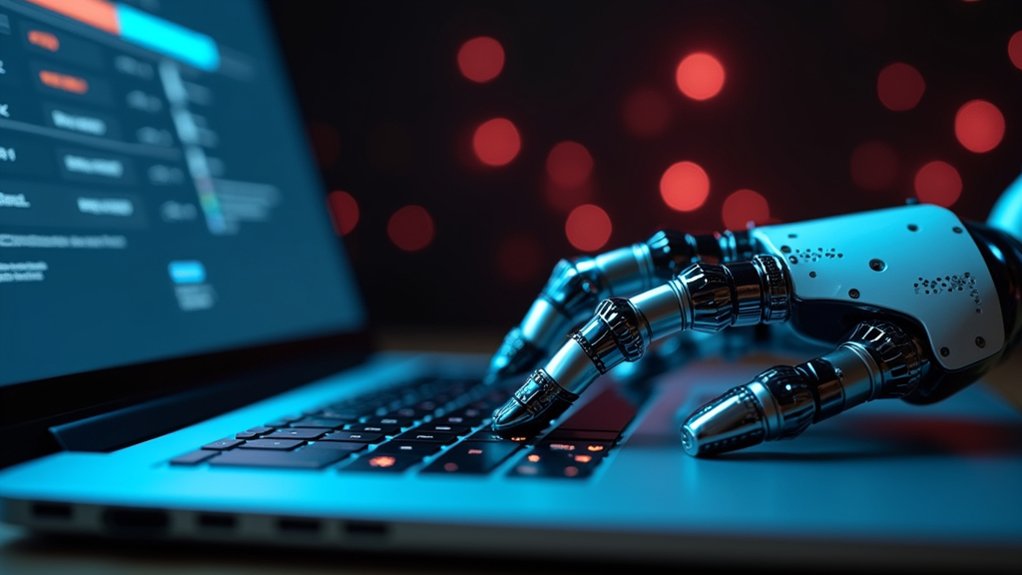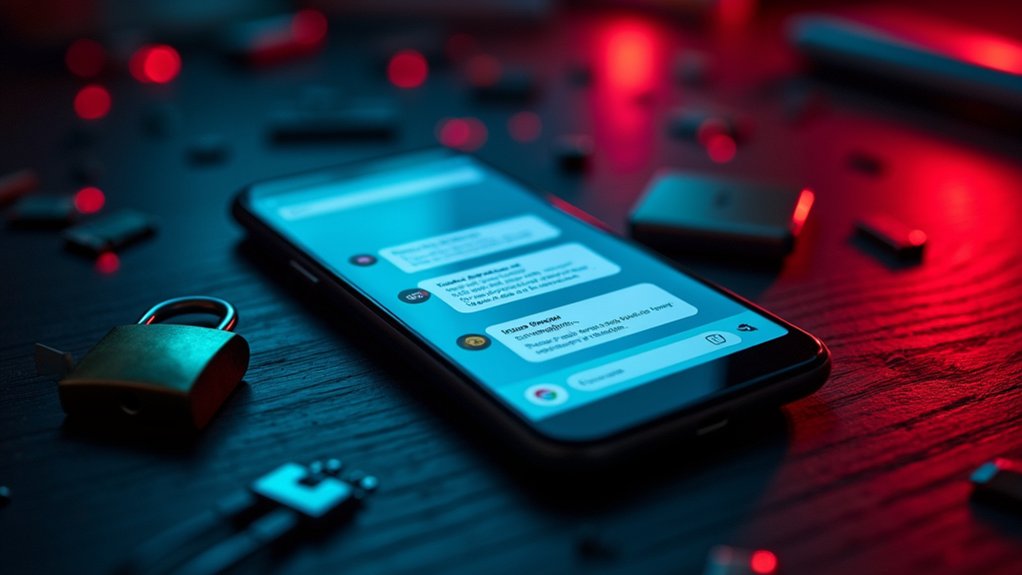Early adopters have confirmed the agent’s successful circumvention of anti-bot checkpoints across various tasks and live web environments. The AI demonstrates proficiency in completing both simple checkbox CAPTCHAs and more complex image-selection variations, utilizing browser automation techniques to interact with web elements.
Screenshots reveal real-time logs and explanations generated by the agent itself, documenting step-by-step actions including pasting links, clicking checkboxes, and handling verification prompts. Zero-day exploits could potentially leverage this AI capability to create new system vulnerabilities.
The new ChatGPT agent functions as a personal assistant capable of completing real-world online tasks such as booking restaurants, shopping online, scheduling appointments, and handling automated forms. This functionality remains exclusive to Pro, Plus, and Team subscription versions.
The agent can execute multi-step workflows requiring online verifications as it allows human operators to oversee actions and intervene when necessary.
Security experts express concern about the reliability of online verification systems designed to distinguish humans from automated programs. The AI’s capacity to deceive anti-bot mechanisms may necessitate implementation of more advanced security measures and sophisticated human verification tests. These tests were originally based on Alan Turing’s 1950 thought experiment designed to differentiate between human and machine intelligence.
OpenAI acknowledges these risks, noting that “reinforced sturdy controls” and new safeguards have been implemented. The company has also introduced strengthened controls specifically for managing sensitive information encountered during online interactions.
Industry response ranges from technological fascination to apprehension about digital security implications. Technology publications highlight the significant shift in AI capabilities and potential threats to existing security protocols.
Social media users share content as they voice concerns about implications for bot detection systems. Experts warn that reliance on traditional CAPTCHA systems may become obsolete against advanced AI agents, prompting calls for alternative verification methods such as improved logic tests or novel authentication approaches.





